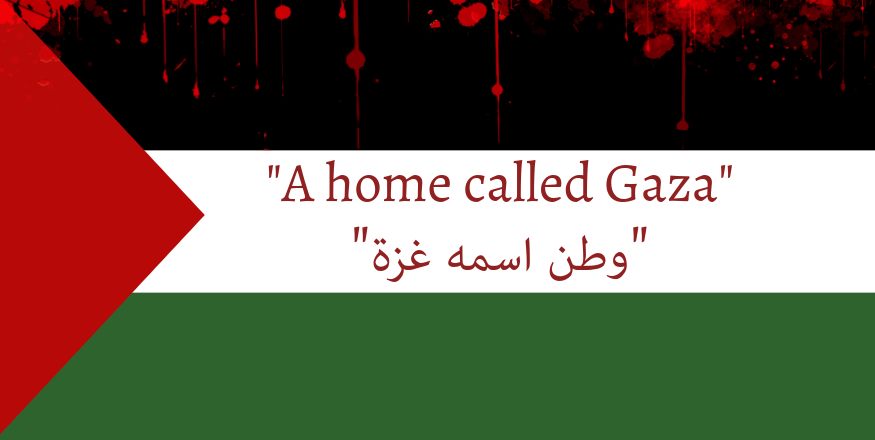It had been four days since he crossed the border.
Four days since the world as he knew it shrunk to dust-laced skies, the hum of drones in the distance, and children whose laughter had forgotten how to sound like joy.
Four days without Wi-Fi, without updates, without noise—only the quiet hum of survival and the echoes of adhan rolling over shattered rooftops.
The roads were cracked open like broken promises, and his boots were coated in the kind of dirt that clung—not just to skin, but to soul. He had passed rows of homes that now only existed in memory, their walls collapsed into grief. He had passed mothers sitting motionless, arms around empty space where sons once were.
His backpack was heavy with supplies. But his heart… ya Allah, it was heavier. With guilt. With hope. With prayers he didn’t even know how to form.
The apartment they gave him was a single room. A place meant for shelter, not for comfort. A floor mattress in the corner, a blanket that barely covered half his frame, and two pillows—one deflated, the other lumpy and stitched back together with threads that looked like they were praying to hold on.
The walls were stained with time, cracked like veins. The windows were covered in makeshift plastic, taped down at the edges, fluttering with every gust of wind like the trembling breath of someone who’s been through too much. It reminded him of a niqab pulled low over a tear-streaked face—concealing but not healing.
The tap groaned when he twisted it. A sound like an old man in sujood. Sometimes water sputtered out in fits. Mostly, it stayed silent. But still, with every rattle, every gasp of water, he whispered:
“Alhamdulillah.”
He hadn’t come here for ease. He hadn’t come to be comforted. He had come to serve. To rebuild. To witness.
That night, as Maghrib melted into Isha, and the sky turned a bruised kind of blue, he made his way to the masjid.
It wasn’t much—half of it was rubble, the minaret chipped and leaning slightly to one side, the entrance door hanging by a thread. But still, it stood. It stood. Bold. Stubborn. Unshaken.
Like Gaza itself.
Inside, it was dimly lit. The men's section smelled of cement, musk, and old wool. A few elderly men dotted the room, wrapped in worn keffiyehs and the weight of memory. Their heads bowed in prayer, their du’as rising like smoke from ancient incense—soft, poetic, aching.
He prayed Isha with them, his voice joining the chorus of men who had seen too much and still chose to bow.
But just as he turned to leave—just as his foot crossed the threshold—something in his chest paused. No, tightened.
Like someone was holding his heart in their hand.
He turned his head, slowly. As if he already knew. As if something sacred was waiting to be seen.
The curtain that separated the women’s section wasn’t fully closed. And through the gap, through the flickering light and shadows, he saw her.
She was sitting on the floor in tahiyyatul masjid—her back straight, posture quiet and reverent. Her hands rested gently on her thighs. A Qur’an, wrapped in cloth, lay beside her like a secret.
She was cloaked in a soft beige jilbab, a color that looked like it belonged to the desert wind. Her niqab had been laid on her lap, untouched, as though she'd just taken a breath and let the world fall silent around her. Her gaze was low. So low.
She didn’t see him.
But something in that moment stilled the entire masjid.
Even the air seemed to stop and listen.
His breath caught in his throat. Not because he knew her face—he didn’t. Not her voice either. But he knew her presence. The exact serenity that once gripped his chest late at night as he watched her in videos—leading art workshops for children, laughing with her eyes, pressing bandages to scraped knees while the world fell apart around her.
She was the stillness in the storm. The ayah you don’t expect to hit, but does. Over and over.
Now she was here. Not a name. Not a story. Not a screen.
Here.
So close he could hear the soft drag of her breath. So real he could feel her peace radiating through the veil of space between them like an answered du’a.
He whispered, barely a breath:
“It’s her.”
And for the first time in years, Abu Bakr’s knees didn’t go weak from a punch.
Not in a fight.
Not in war.
But from a woman who hadn’t even seen him yet.
And somehow—already had him.
ns216.73.216.154da2




















